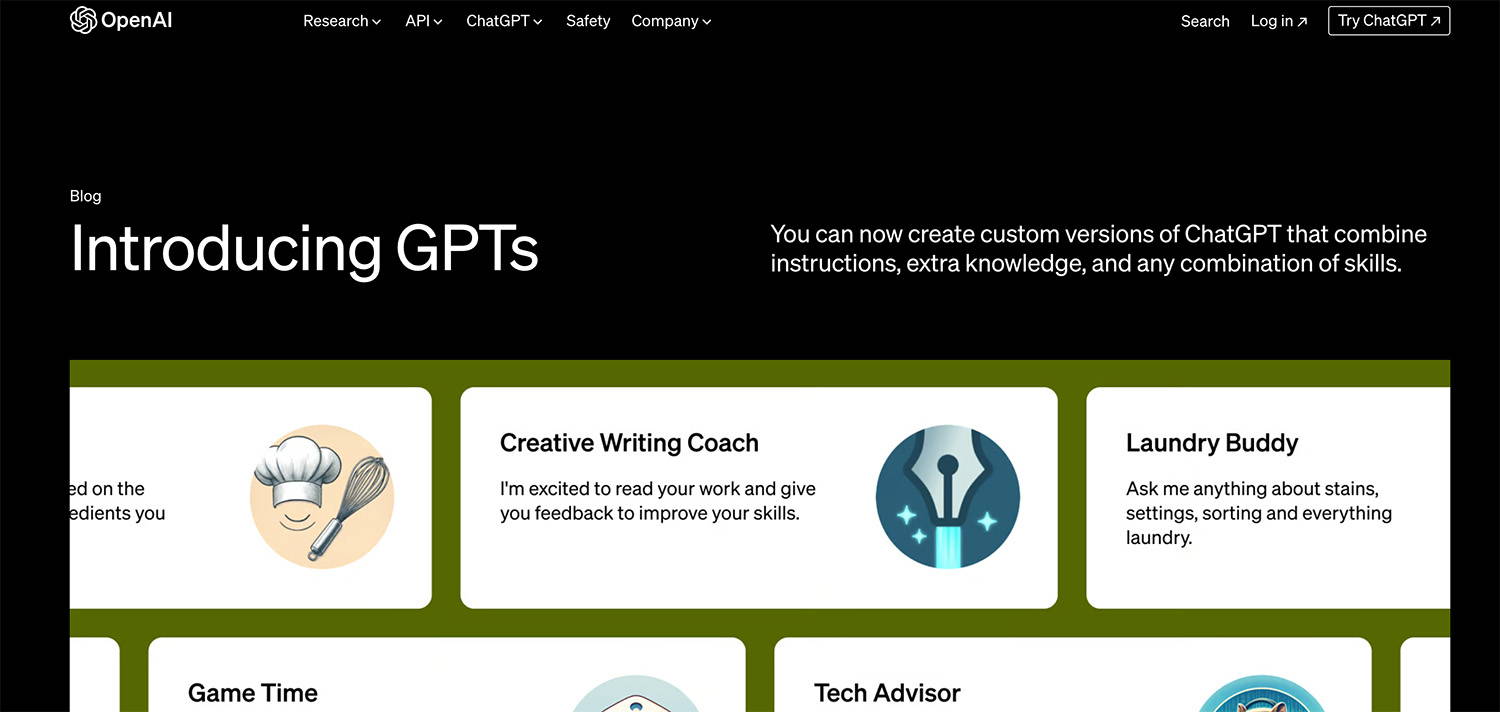As October 13, 2023 rolls around, Kevin and his co-founder Jack were writing an application to Y Combinator.
A month later, on November 6th, 2023, Chat GPT releases their new GPTs, essentially making every GPT wrapper (potentially) obsolete.
Or did it?
Y Combinator seems to be in a hurry to get more startups, as they've now extended their deadlines for application. No longer is there a set deadline for every startup, as it's now on a rolling application basis.
GPT wrappers are software tools that provide a layer of abstraction around GPT models, making them more accessible and user-friendly for a wider range of applications. They often incorporate additional features and functionalities, such as data pre-processing, post-processing, and integration with other tools and frameworks.
The concern is that OpenAI's GPTs, with their ease of use and advanced capabilities, could render GPT wrappers obsolete. After all, why use a wrapper when you can directly access the power of OpenAI's GPTs?
However, this scenario may not be as inevitable as some fear. GPT wrappers can still provide value in several ways:
Therefore, rather than a direct replacement, OpenAI's GPTs could coexist with GPT wrappers, each catering to different needs and user preferences.
In Scenario 1, OpenAI's GPTs could become the de facto standard for GPT models, leading to a decline in demand for GPT wrappers for general-purpose applications. However, GPT wrappers could still thrive in specialized niches, providing unique features and integrations.
In Scenario 2, OpenAI's GPTs and GPT wrappers could evolve in tandem, with wrappers focusing on providing a more user-friendly interface, specialized features, and integration with other tools and frameworks.
In Scenario 3, GPT wrappers could act as a bridge between OpenAI's GPTs and other software ecosystems, enabling developers to easily integrate the power of GPT models into their existing workflows.
The future of GPT technology is likely to be shaped by a combination of both direct access to advanced models and specialized wrapper solutions that cater to specific needs. OpenAI's GPTs have undoubtedly raised the bar, but GPT wrappers can still play a significant role by providing customization, integration, and user-friendliness.
